Sunday 24 May 2020. Montecarlo stops to make Leclerc's Ferrari do laps.
It was shot in the early hours of May 24 in the Principality of Monaco "Le grand rendez-vous", a short film directed by Claude Lelouch.
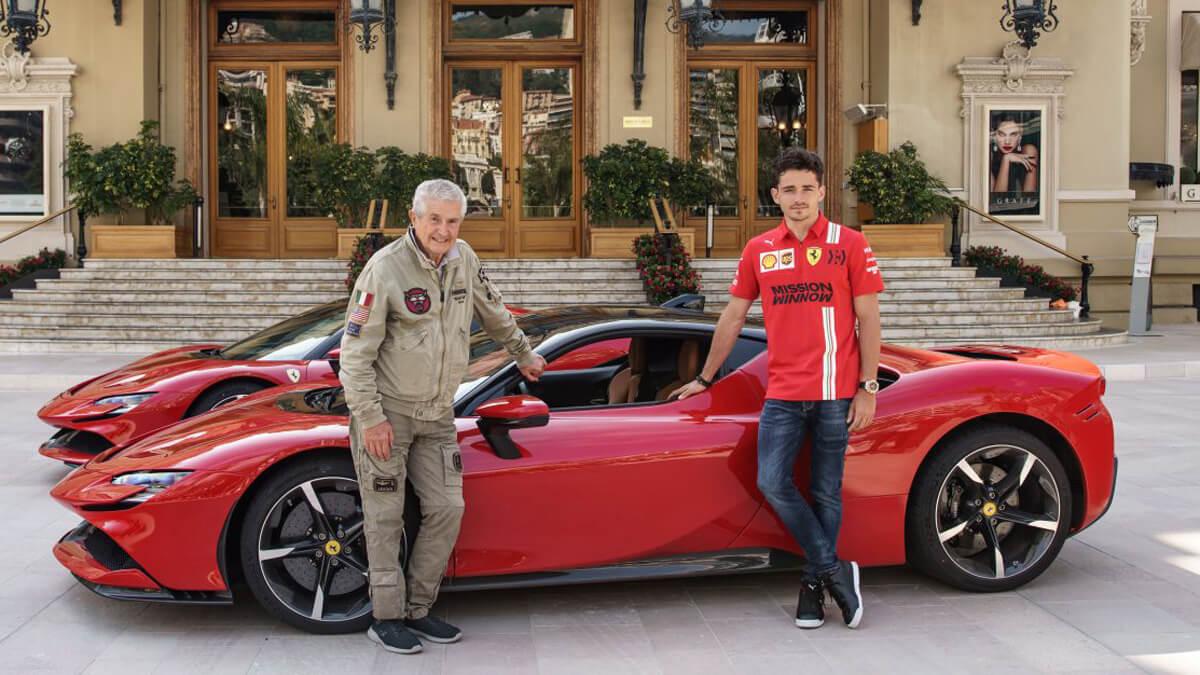
The French director's cameras followed closely a Ferrari SF90 Stradale driven by Charles Leclerc in an adrenaline-fueled lap along the same route of the GP to arrive at a mysterious "big date."
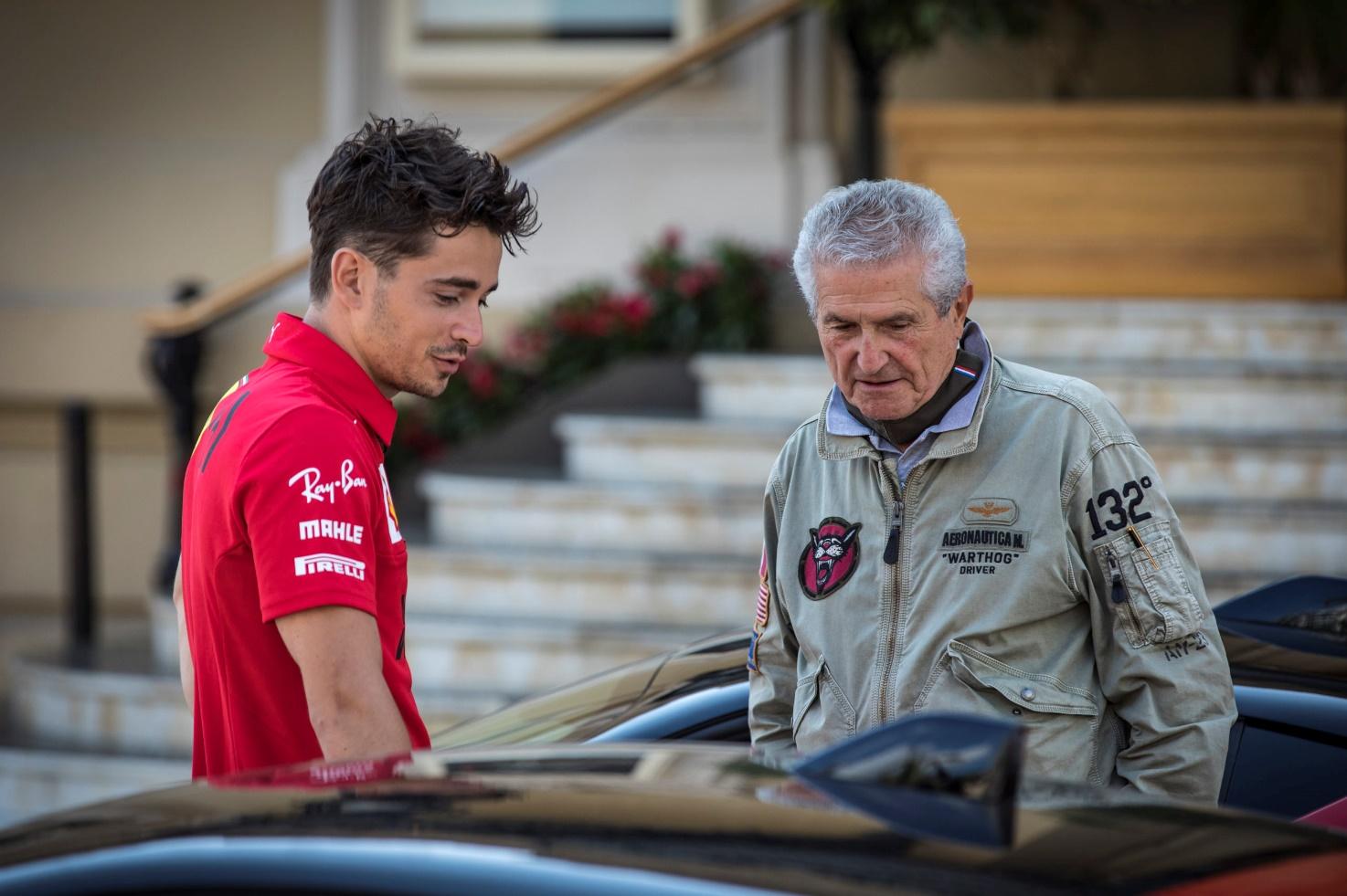
A staff of 17 technicians was present - in collaboration with 6 engineers and mechanics who had come from Maranello to assist the two SF90 Stradale used for filming - and a large following of the many Monegasque residents who enjoyed the event from roads and balconies.
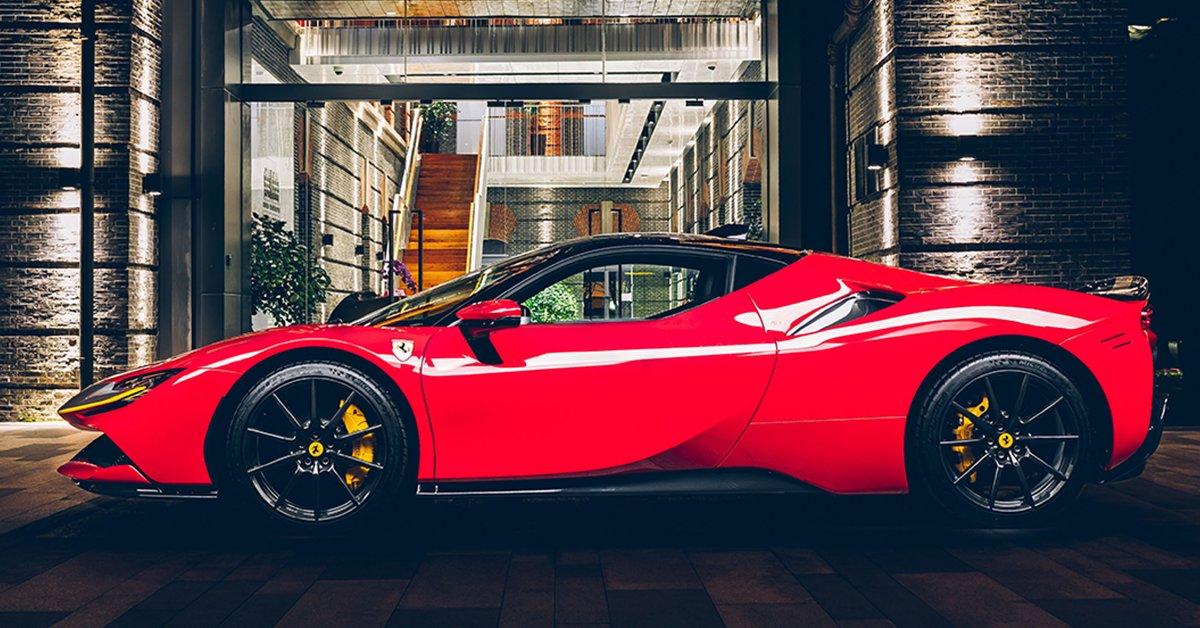
The sound of the SF90 Stradale in the streets of the Principality, where traffic was suspended to allow the potential of a car that reachs 100 km/h in 2 and a half seconds to be released, interrupted the long wait of Prancing Horse fans and enthusiasts.
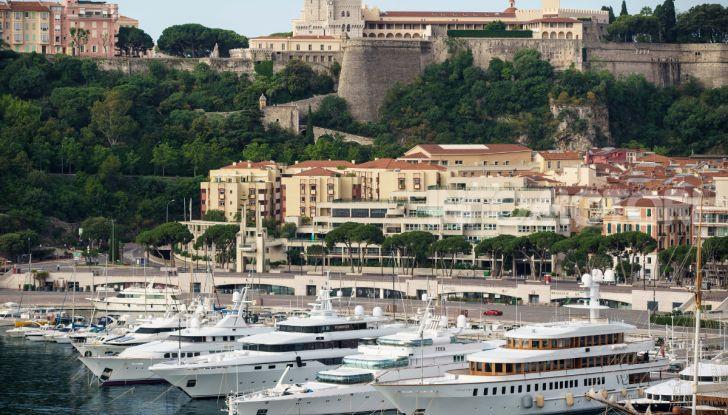
The remake of the mythical short film "C'était un rendezvous", on the streets of Montecarlo with Charles in a Ferrari, renews the glories of a crazy race along the streets of Paris...
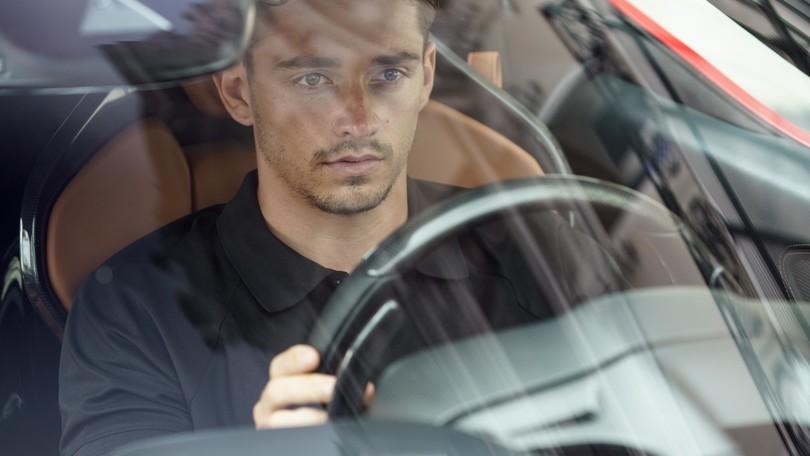
Having in camera and slow motion Claude Lelouch in the mood for a remake can be considered something absolutely poignant, romantic and magnetic. Lelouch, eighty-two years old with 60 films under his belt, is the architect of the unforgettable film “Un homme et une femme" (A man and a woman), with which he won an Oscar and the Palme d'Or at the Cannes Film Festival in 1966.
Where Jean-Louis Trintignant shows himself to be a wonderful driver of the French school - and of competitive eclecticism in the 60s racing -, ready, like Michel Vaillant, to pass from the tests on track in a single-seater to the snow of the Monte Carlo rally, with the loving subtext aimed at constructing a story with the wonderful Anouk Aimée.
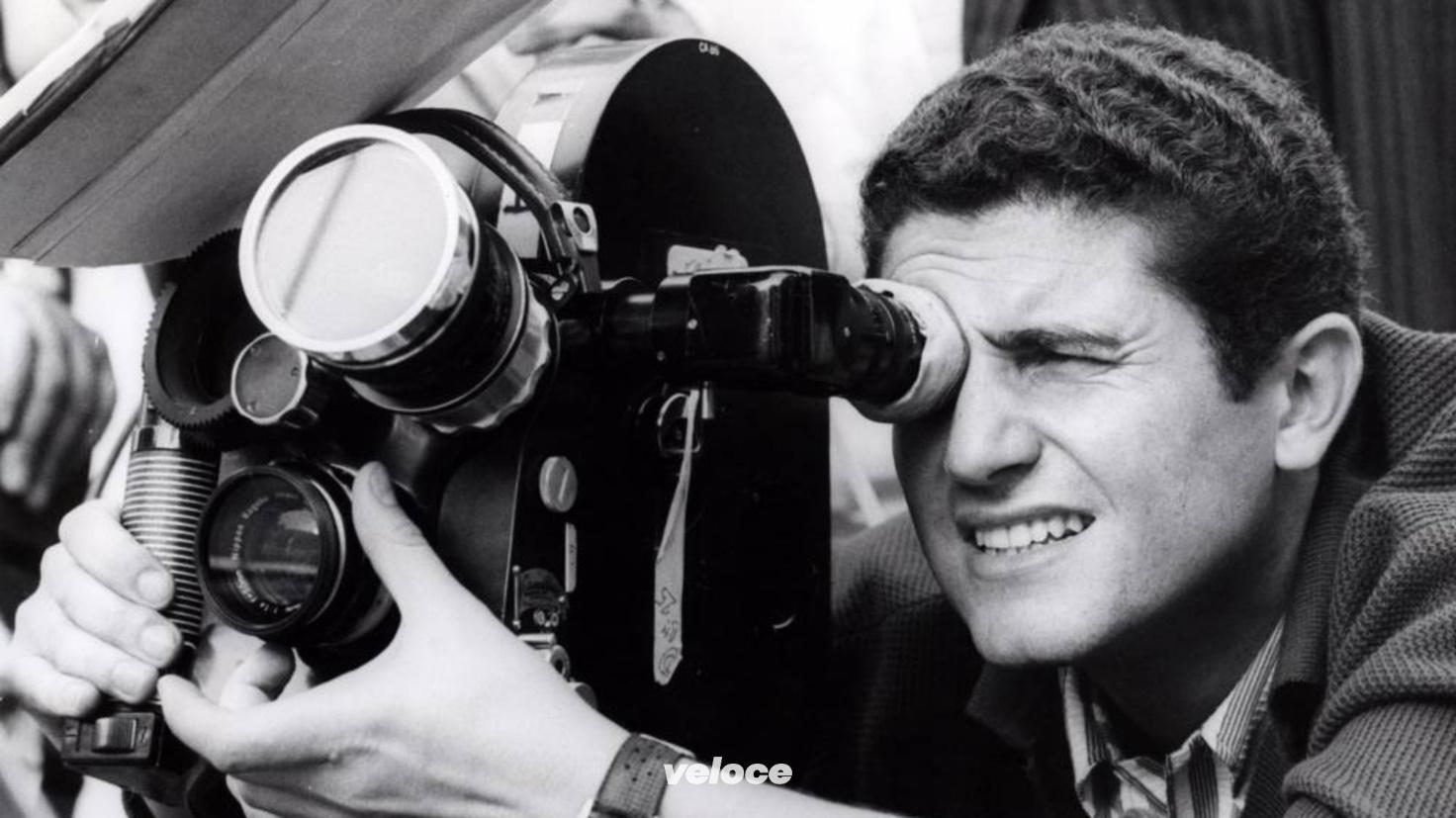
The director, biographically, psychologically and emotionally, remains led to end up pierced by the thousand needles of nostalgia, if it is true that of "A man and a woman" in 1985 he made a sequel, "A man and a woman today", with the same couple of actors.
And a third film, always with the two classic protagonists, comes out in France in May 2019, with the title "Les plus belles années d’une vie". No more excuses: Lelouch lives and enjoys his most beautiful works but he cannot resist the repeated pleasure of revisiting them, in a sort of joyful melancholy of uniqueness that is reiterated, who knows, for the psychoanalytic redemption of not feeling it too far away.
From Paris to Montecarlo.
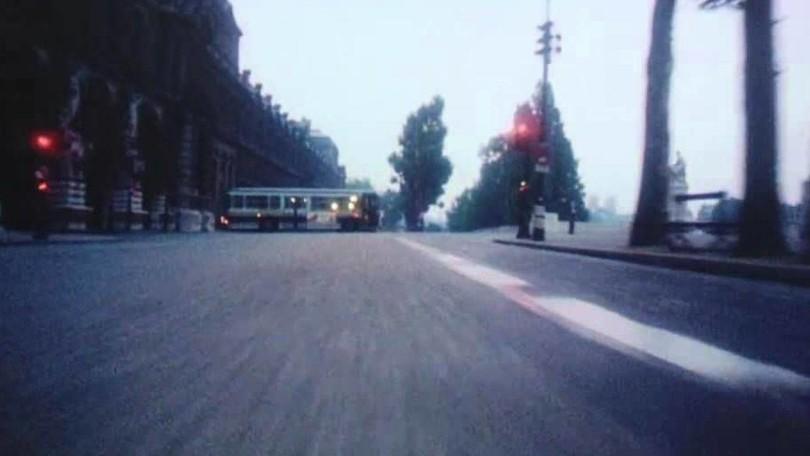
And also "Le grand rendezvous", the title of Leclerc's crazy race in Montecarlo, could be seen in this artistic rage, not only as a very yeah idea that makes everyone happy, Leclerc, Lelouch, Ferrari, Montecarlo deprived of Grand Prix 2020 and the rest of us, no one excluded, but also as a desire and attempt to amaze once again, reliving the past.
Because - and this is an outstanding and already acquired merit in the records - the idea of "Le grand rendezvous" now gives attention and new life to that wonderful shimmering splinter of madness which is "C'était un rendezvous."
That is, a cult short movie, fascinating and cursed. Filmed right in 1976 in Paris in an August day by the director of "A man and a woman" using scraps of film, a celluloid roll, to realize the craziest of ideas: ten minutes of mad rush in the sparse traffic of dawn, from Avenue Foch to Montmartre, smashing red traffic lights - eighteen to be precise - and one-way streets, running up kerbs and touching garbage trucks, to present yourself just in time for an appointment - hence the title - with a gorgeous girl.
This is the dry report. But, as always, the legend is intriguing. That legend that tells the immediate arrest of Lelouch himself after the filming - false: he was summoned by the Prefecture de Police of Paris for investigations, but without any punitive measure.
Lelouch has always sworn that he was himself at the wheel (it is said with two operators on board) being able to count along the way only on a collaborator with the walkie-talkie - his assistant Élie Chouraqui -, to report if there were problems to take the Louvre bottleneck flat out. The spotter remained silent and the car ran very fast, but the damned radio had broken that morning.
Everything went well, fortunately. After the start at the Avenue Foch you entered a fork between 150 and 180 km per hour, then from 130 to 150 in the Champs-Elysées with a peak of 160 at the Franklin Roosvelt level, then, veering towards the Concordia down at 200 km per hour, with the turn on the square at 150, then the fact of the walkie-talkie and flat out towards the Avenue de l'Operà, the road de la Chaussée-d'Antin towards Clichy, rue Lepic, Avenue Rocquencourt, then a one-way in reverse and here is Montmartre.

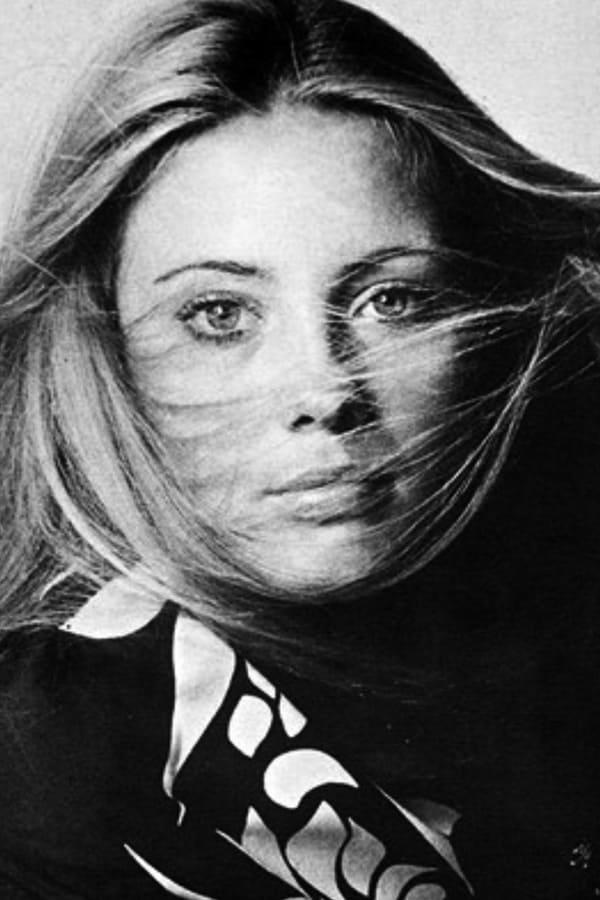
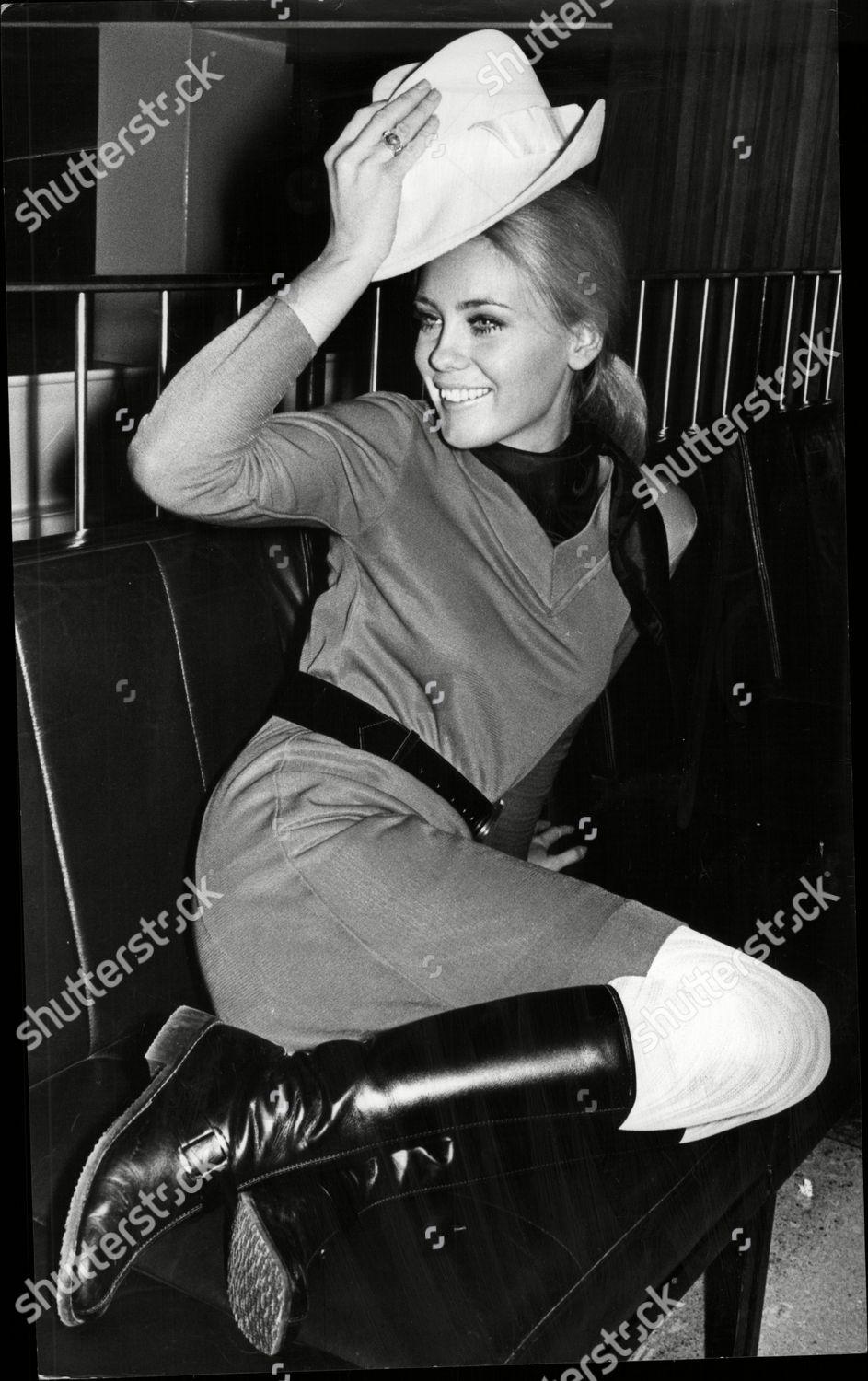
For checkered flag, the pearly smile of the girl - the actress Gunilla Friden, at the time engaged to Lelouch - and the sweet prize of the embrace.
Extremely slender plot, but shot in a terribly true and moreover sectioned way, sieved for years by experts with stopwatches and satellites who have found the "mad dash" in order, terribly authentic. And then, come on, let's be clear, this matter of the old "C'était un rendezvous" and the refreshment of "Le grand rendezvous" teach us all right something illuminating and decisive. In 1976 Lelouch shot an insane, anarchist, dangerous, tough, pure and raw short truth-film, fascinating and caressing in its exhilarating micro-atmosphere sick of attempted self-destruction elevated to feat and ennobled by the touch of the final magie d’amour.
Metaphor of current races.
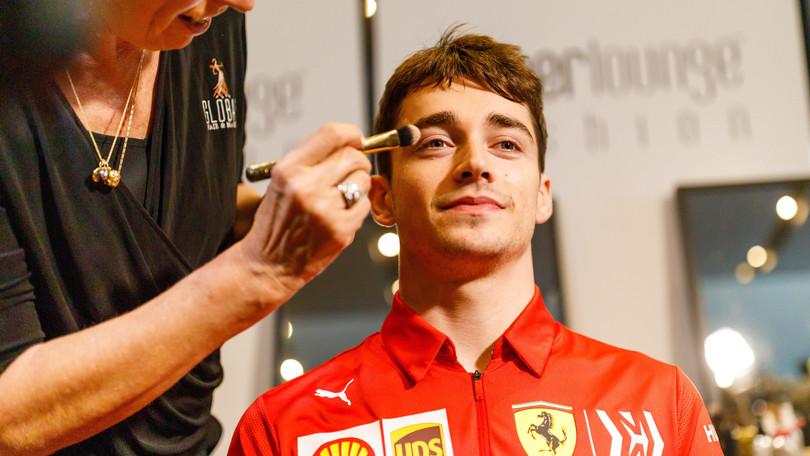
The 2020 project of Lelouch himself is now certified, accepted, domesticated, asepticized. Harmonized to the show-biz and ennobled by the face of a driver who does not hide himself but, on the contrary, enthusiastically accepts the role in an event predestined to have happened, to the scents of glamor, media worship and business.
Here, pay attention. It seems to live and relive exactly the fate and metaphors of what racing was in 1976 and what it has become now.
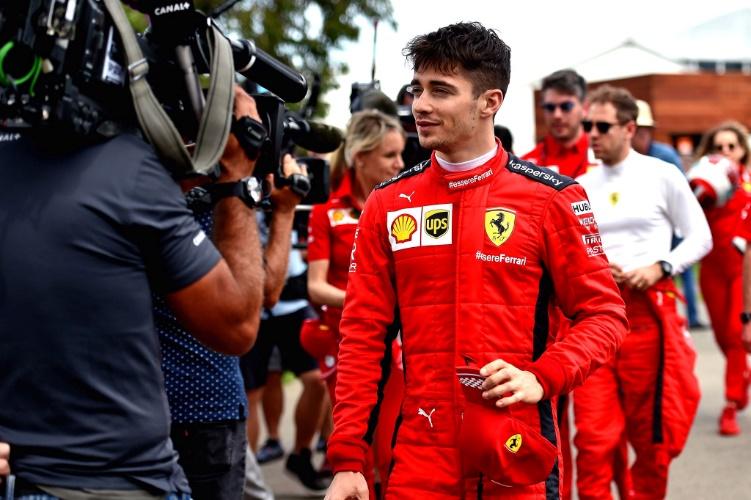
Perhaps, behind the Lelouch of that time and that crazy race and the Leclerc of the present, beloved Ferrari driver and glossy Armani model, the signal of a change is lurking. The exemplification of an evolution, the summary of an entire metamorphosis of a civilization in its way of understanding the risk, the world of the engine, motorsport and perhaps the cinema itself, as well as the idea of a certain type of existence.
Two crazy races: the first mad, the second smart. Desperate vitality with will of power in Paris, announced and supervised little game in Montecarlo. In 1976 then the Prefecture of the capital called you to decide whether to put you in jail. In 2020 then Alberto of Monaco awaits you for a refreshment.
Life and races themselves in the meantime have changed like this, madame et monsieur. Exactly the same way, even though on a larger scale. What really remains is our inextinguishable desire to believe in it again. To fall in love on the furious notes of a Ferrari engine, even hybrid, that barks between houses, which cuts through narrow streets and grazes obstacles as if there was nothing more important.
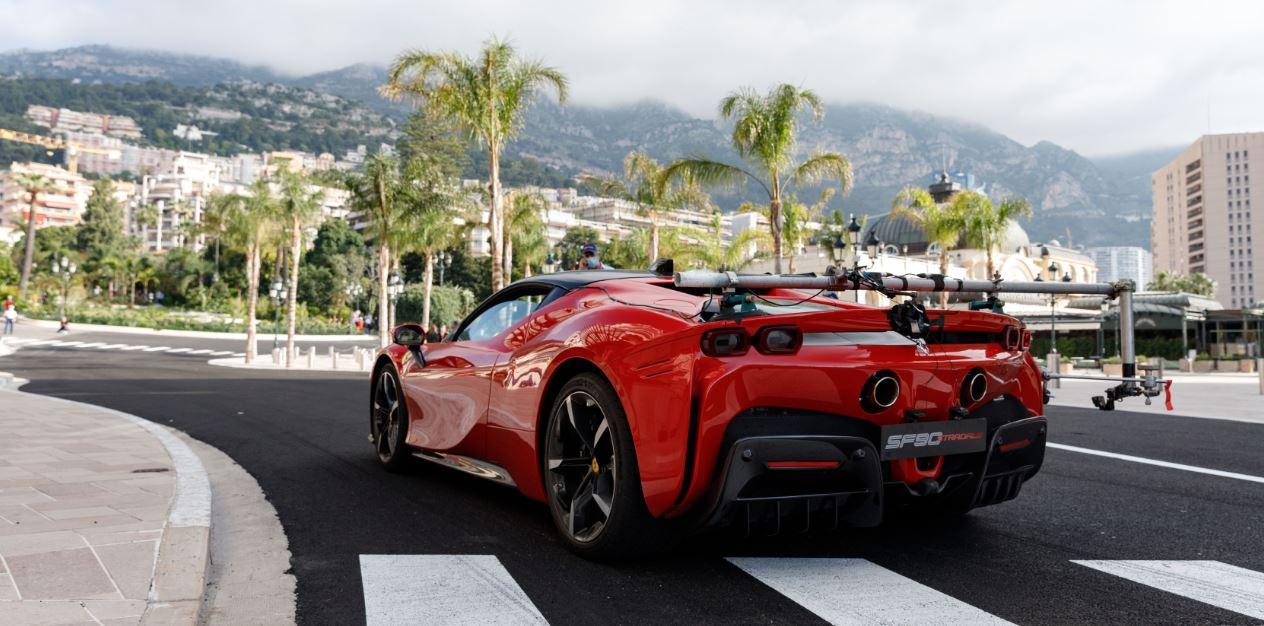
To tell us, once again, no longer the truth but what we really cannot do without: one last, wonderful, indispensable lie.
June 13, 2020. Claude Lelouch's "Le grand rendez-vous" was presented in Maranello, with the Ferrari SF90 Stradale and Charles Leclerc starring in an exclusive film between glamor and speed.
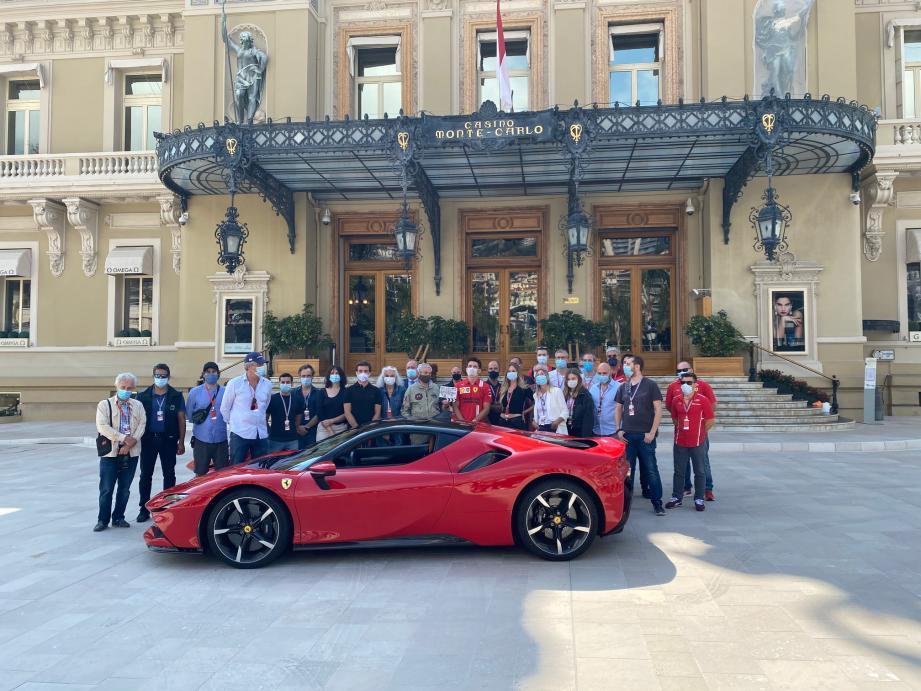
The sports car of the Prancing Horse made a fine show: pushed by its 1000 HP V8, the first hybrid engine mounted on a production car in the history of the firm, the SF90 was presented last year, but not yet officially tested on the road. The filming provided the opportunity to subject it to a perfect "pressure test" on the Monaco circuit with Charles Leclerc in actor version, even if his best talent remains the driving, who has exceeded 240 km/h on the streets that saw him growing.
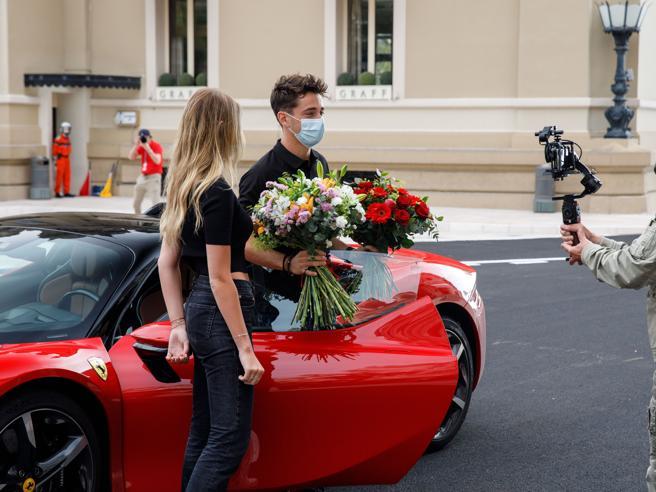
A mysterious woman, Rebecca the florist, the roulette wheel that spins fast and turns into the wheel rim of a Ferrari that runs on Montecarlo asphalt.
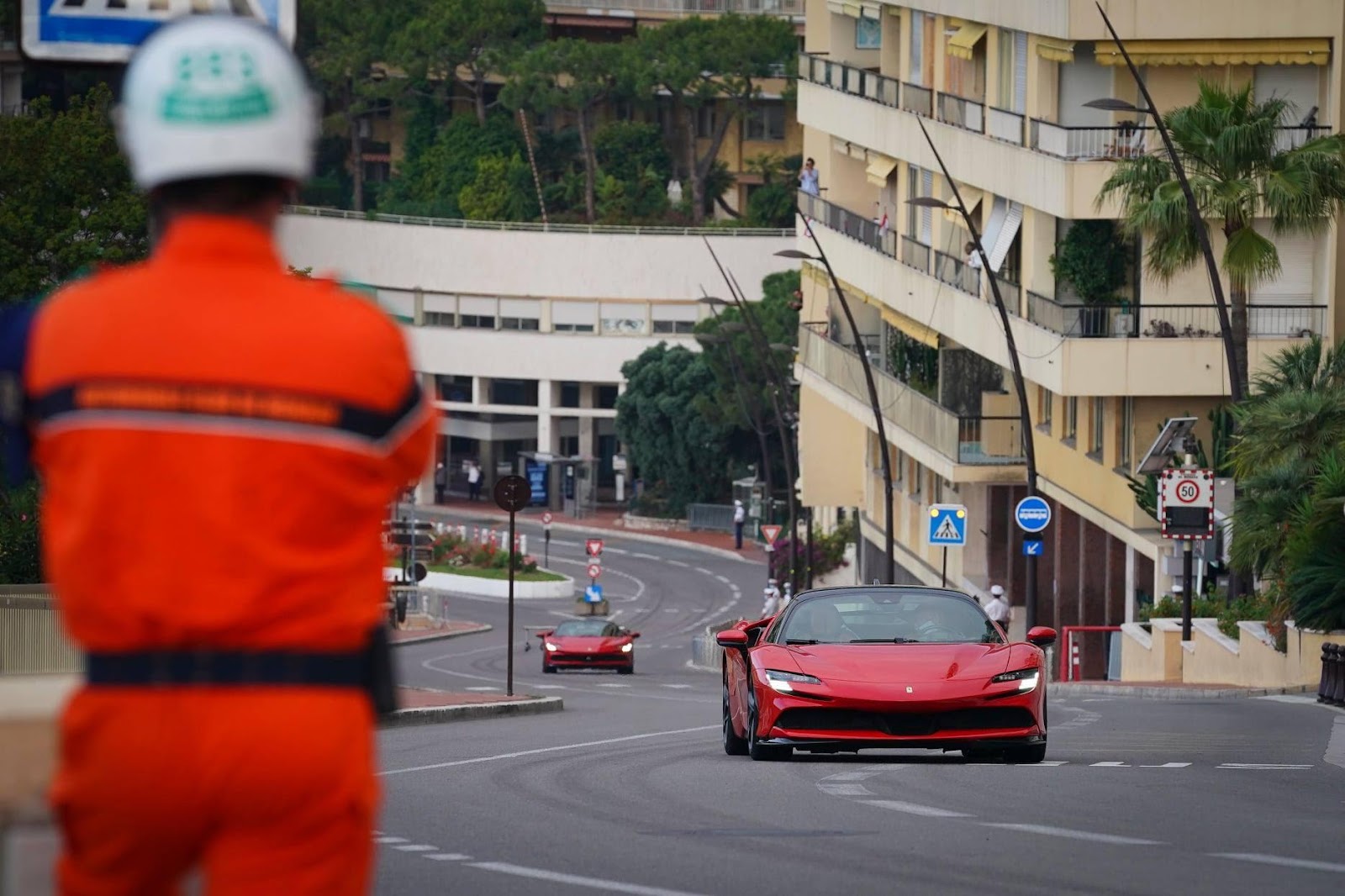
The driver is Charles Leclerc: unshaven, black t-shirt, the Maranello ace drives at dawn in his city on the day the Grand Prix should have taken place. But Coronavirus canceled the race, it hadn't happened since 1954. This is how started Le grand rendez-vous, the short film that Claude Lelouch shot in the Principality referring to his 1976 C'était un rendez vous, set in Paris and that then became a cult.
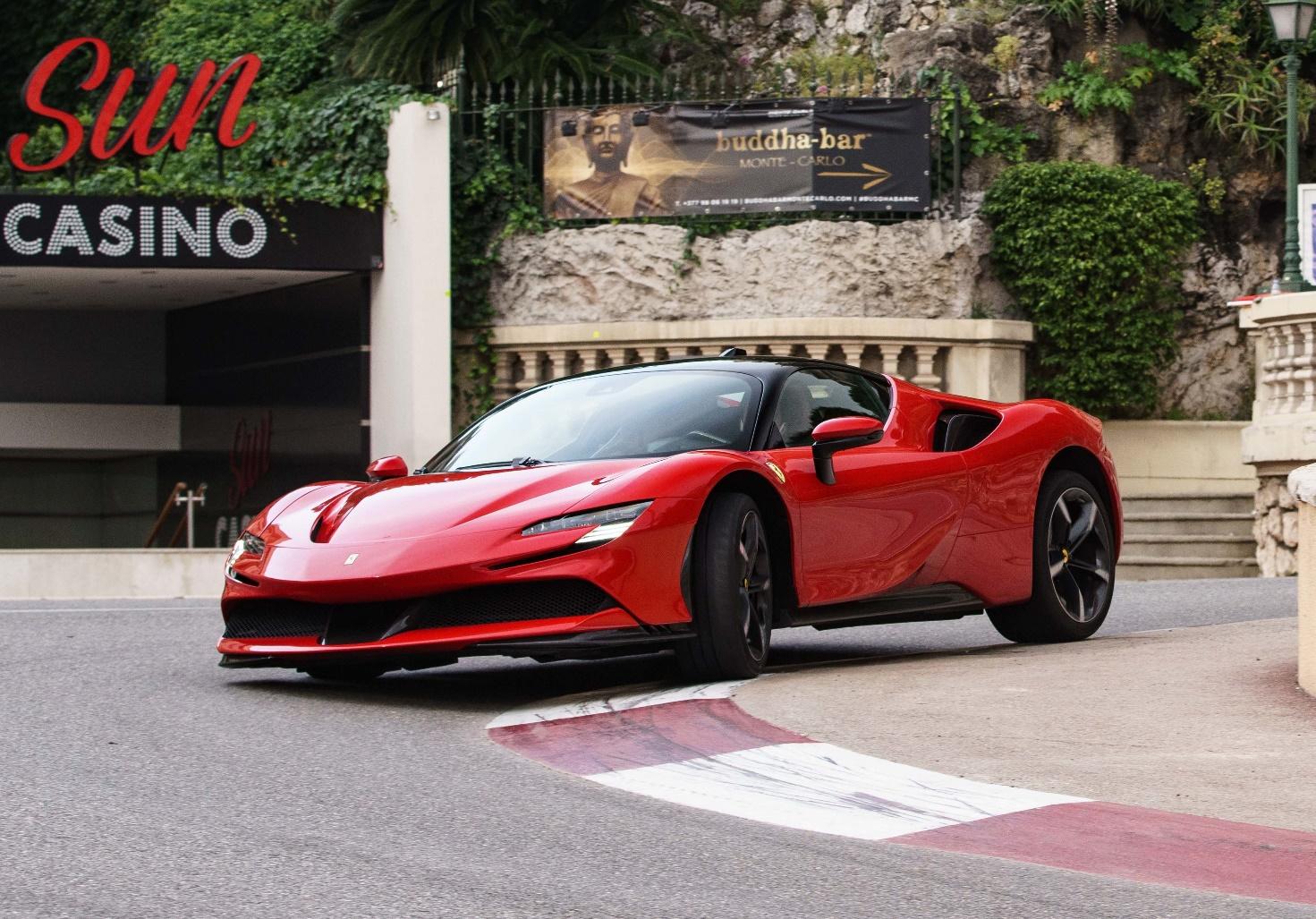
The protagonist is the 22 years old Monegasque, who whizzes on the circuit for five minutes and 58 seconds at breakneck speed.


In the race, only two stops by Leclerc in front of a luxury hotel to the applause of people with faces covered by masks: one to take Prince Albert II of Monaco on board for a ride, the second to welcome, after exchanges of flowers and photo taken by the same prince, the florist played by Rebecca Blanc-Lelouch, niece of the French director and Gunilla Friden, protagonist of the '76 meeting when she was his partner.
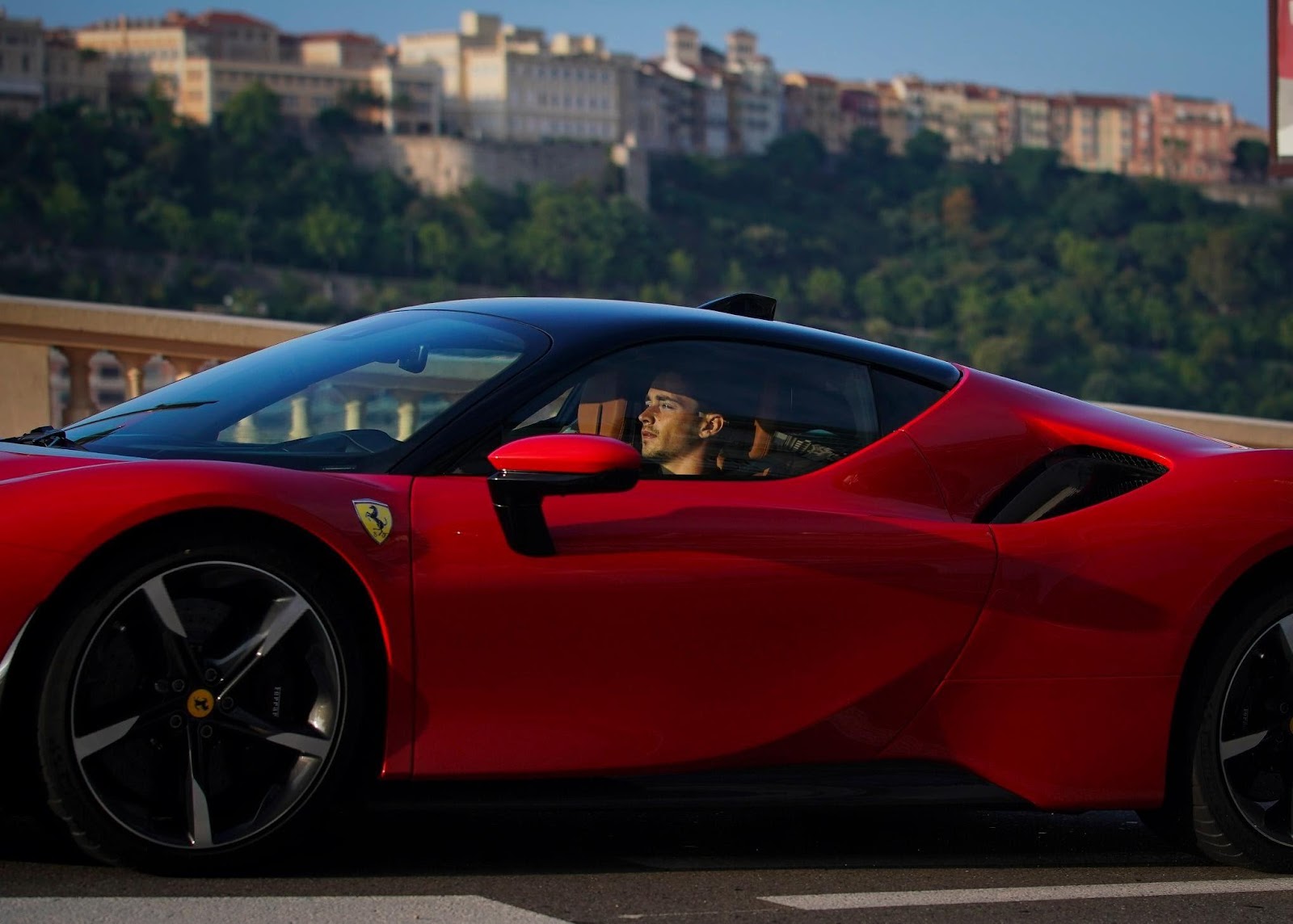
Leclerc's Ferrari race for a date.
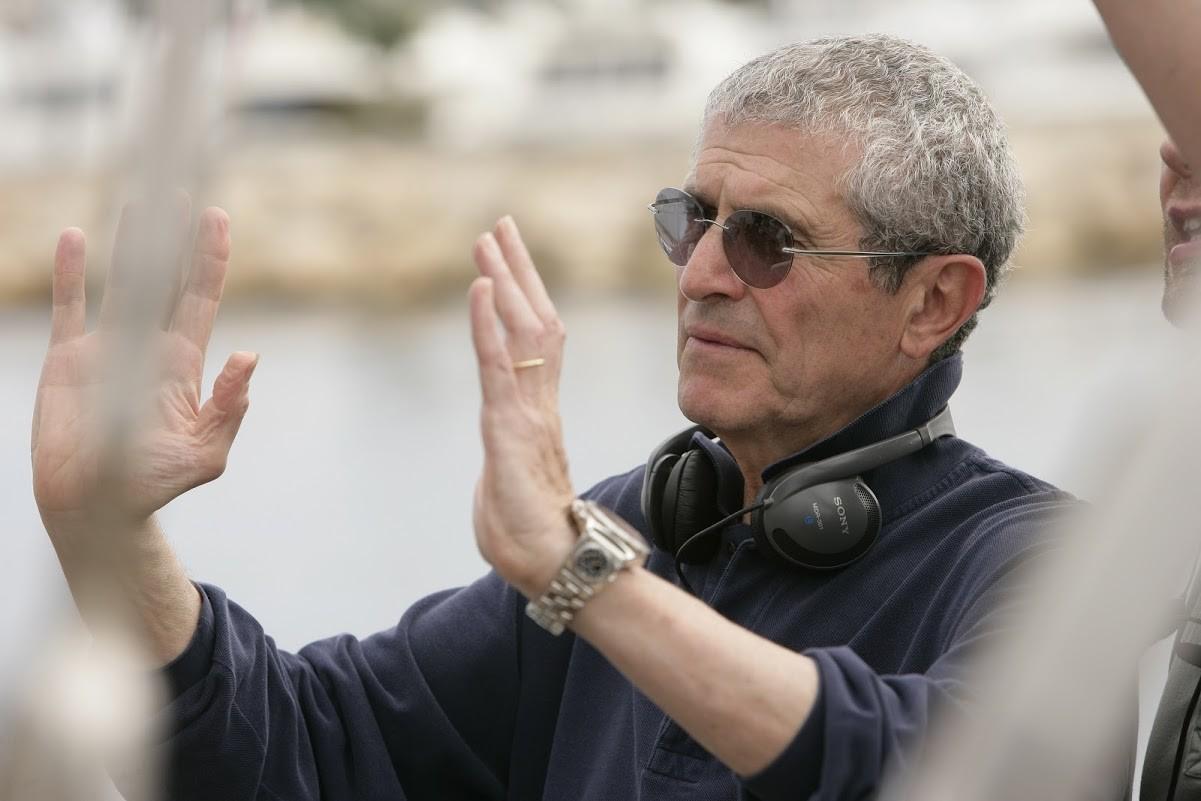
An intertwining of memories and stories. Of the past that returns and continues into the future. The short film celebrates nostalgia and the future.
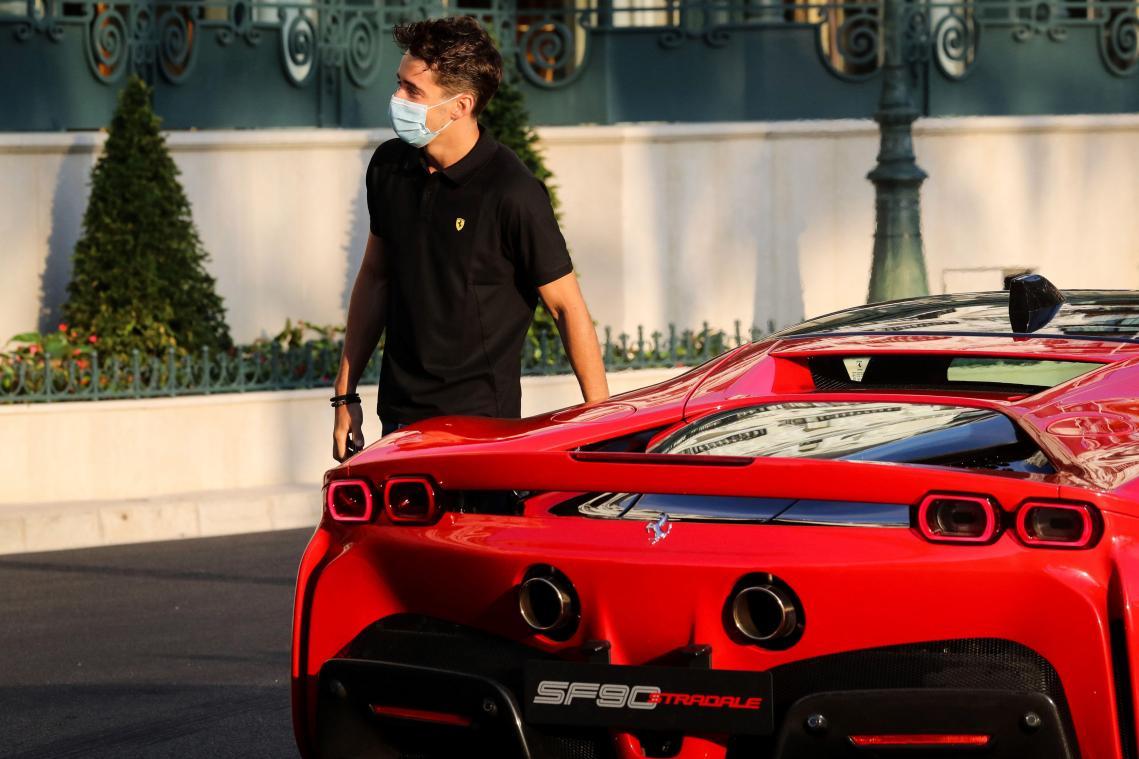
"A very special day," Charles had defined that experience. "Although in reality I didn't have to be an actor entirely because most of the time I did what I always do and love most, that is driving.
Videos
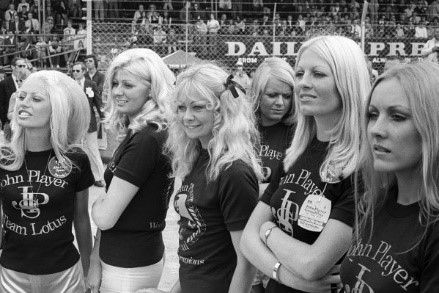
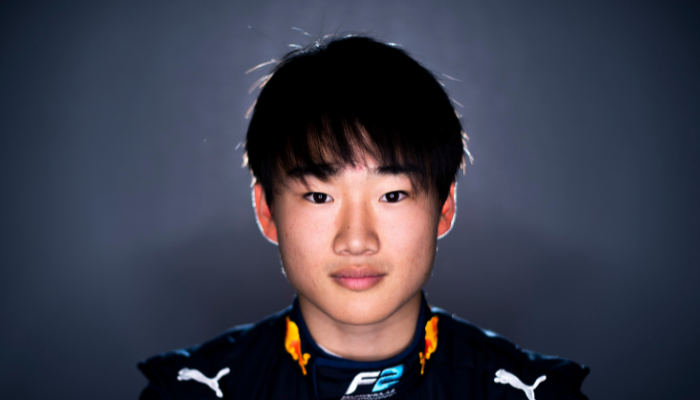
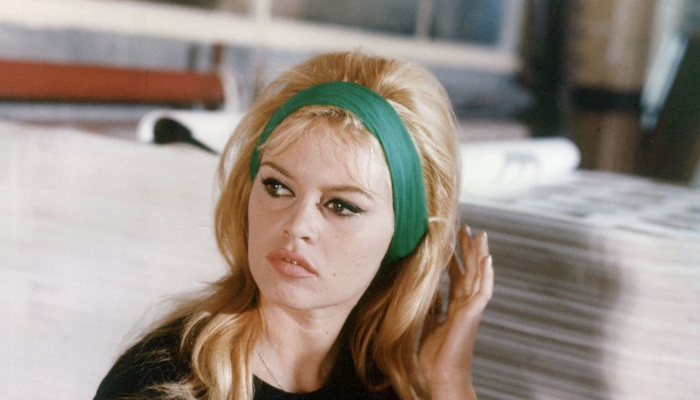
Comments
Authorize to comment